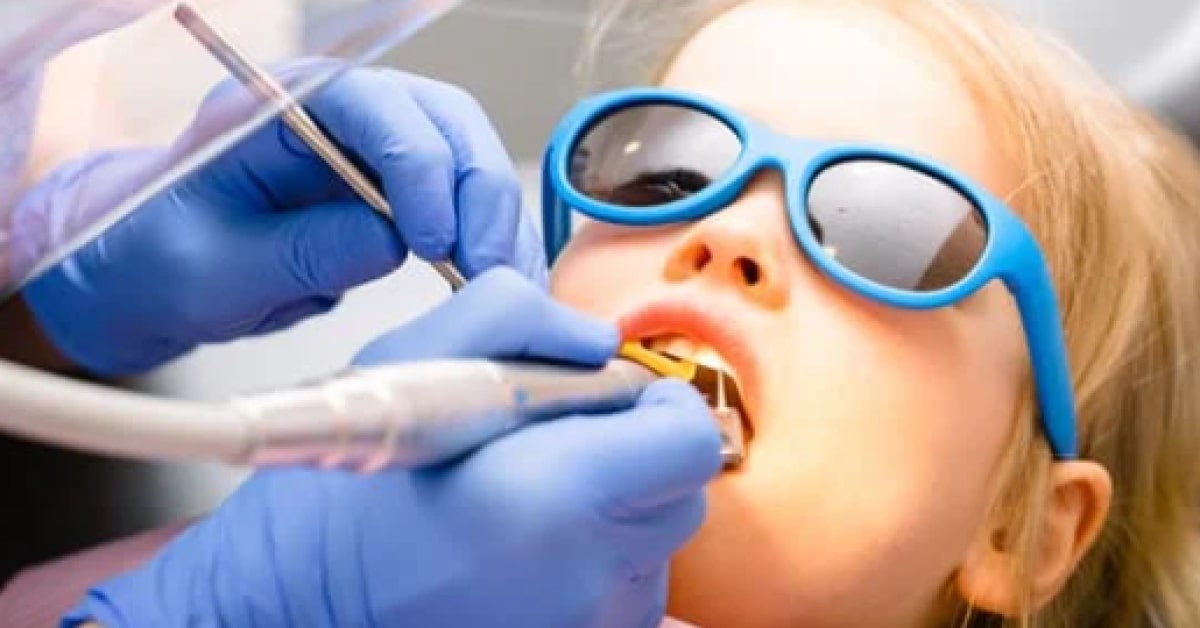Blog
June 19, 2023 • 10 mins readThe Surprising Link Between Stomach Ulcers and Oral Health: What You Need to Know
Are you aware of the surprising link between stomach ulcers and oral health? Learn more about this connection.
Author
Danielle Duncan

In this Article
Peptic ulcers affect more than 4 million people every year in the United States, researchers have found that 1 in every 10 people may develop a peptic ulcer at some point in their lives. Historically, most medical doctors believed that these ulcers were caused by acidic foods and stress. However, they now know that these ulcers can more often than not be caused by a bacterium, Helicobacter pylori (H.pylori).
It is known that this bacteria can weaken the protective coating of the stomach over time, allowing the stomach acid to start damaging the lining of the stomach and causing a sore (ulcer). Regardless of the cause, patients who struggle with peptic ulcers may be surprised to learn about the link between oral health and peptic ulcers. It turns out that the bacteria responsible for causing many cases of peptic ulcers, Helicobacter pylori, can also be found in the mouth.
But how does it get from the mouth to the digestive system? One theory is that poor oral hygiene can lead to an overgrowth of H. pylori in the mouth, which can then be swallowed and make its way to the stomach. This is where the link between oral health and peptic ulcers comes in.
By maintaining good oral hygiene habits, such as brushing and flossing regularly, patients can reduce the amount of H. pylori in their mouth and potentially lower their risk of developing peptic ulcers. It’s also worth noting that certain medications, such as proton pump inhibitors (PPIs) and antibiotics, can disrupt the balance of bacteria in the gut and increase the risk of peptic ulcers.
If patients are taking these medications, it’s imperative that they prioritize their oral health to help keep H. pylori at bay by working with their dental professional to safely manage the amount of H.pylori in their mouth and finding potential alternative medications or stepping up the upkeep of the mouth. So, what can patients do to protect their oral health and reduce their risk of peptic ulcers?
Here are a few tips:
- Encourage patients to brush their teeth at least twice a day, using fluoride toothpaste. While extremely easy to do, some patients just don’t adhere to an appropriate brushing routine.
- Flossing daily to remove bacteria and plaque between teeth. It’s as easy as that. Following the “C” curve line to the gums when flossing can help to reduce the amount of bacteria between the teeth, including H.pylori!
- Using an antimicrobial mouthwash to kill bacteria in the mouth. Focusing on killing bacteria and preventing it in the first place is a great way to reduce the risk of H.pylori being swallowed and allowed to damage the stomach.
- Guide your patients who smoke or drink to quit or cut back. Both smoking and excessive alcohol consumption can increase the risk of peptic ulcers.
- Keep an up-to-date list of any medication that the patient is taking. Having an updated list of medications not only helps you to more easily treat patients for other conditions, it can help you to spot potential problems caused by medication that the patient is taking, before they get out of hand. Talk about the potential risks of peptic ulcers caused by medications such as prescribed nonsteroidal anti-inflammatory drugs (NSAIDs), such as aspirin, ibuprofen, or naproxen. If these weren’t prescribed by your practice, it is possible to work with the other medical professional who has prescribed the medication to find a better, safer alternative to any medication that may be causing ulcers.
- Prioritize finishing any unfinished dental work (as the patient’s treatment plan and budget allows). If cost is the major hurdle holding the patient back from having any important dental work finished, billing medical insurance can help to preserve the patient’s dental benefits for treatments not covered, and can help to reduce the financial burden on your patient.
- Limiting stress. Life can be stressful sometimes. Whether you are a dentist, front office staff, or the patient, limiting stress can help to reduce the risk of ulcers.
As a dental professional, your role in helping patients avoid or treat peptic ulcers is a big one. Even if a patient hasn’t complained about stomach pain, you can get a step ahead of stomach ulcers caused by poor oral health by adding a simple question to your office’s health history form: “Have you had any gastric or duodenal ulcers?” This simple question gives you a great head start on discussing your patient’s concerns and helps them prevent or treat the underlying cause of their ulcers.
Remember, keeping a thorough health history of your patients not only helps in billing medical insurance for dental procedures, but it can also help you find and treat potential problems before they get out of hand.
For example, during a 24-year study of more than 51,000 male participants, the link between periodontal disease and duodenal ulcers showed that active periodontal disease and bone loss were associated with the increased risk of duodenal and gastric ulcers. This was found with both H.pylori positive and H.pylori negative ulcers.
This study shows just how important it is for dentists and patients alike to realize the link between oral health and whole-body health, including the stomach! As a dental professional, your role in helping patients achieve a balance between the health of their mouth and the rest of their body is a big one. It’s important to remember that without you and your expertise in dental medicine, some patients wouldn’t find relief from stomach ulcers caused by poor oral health!



